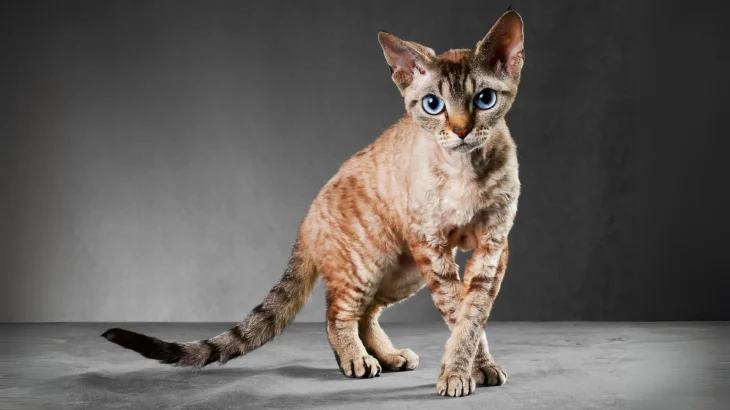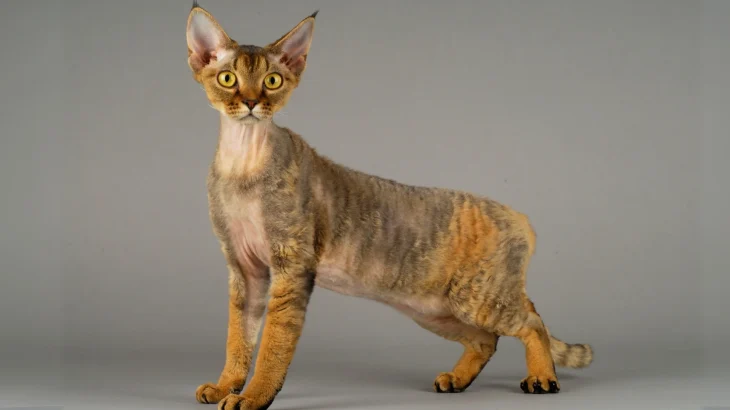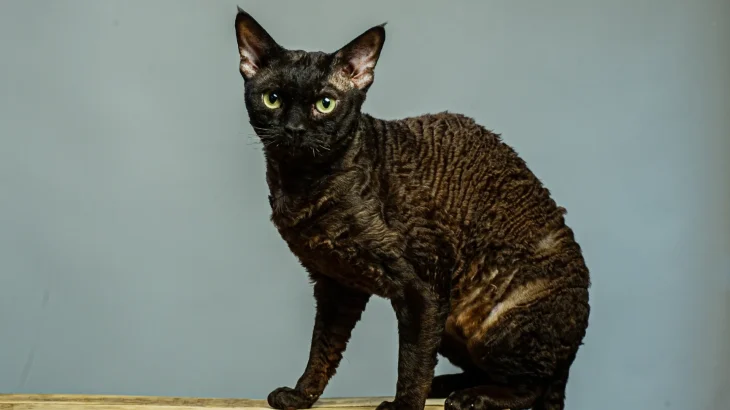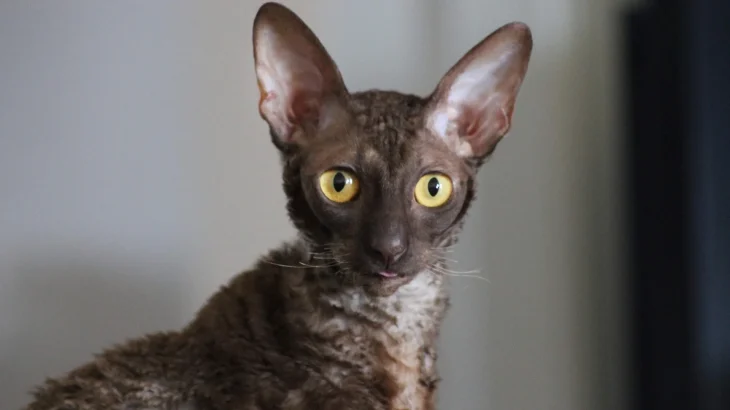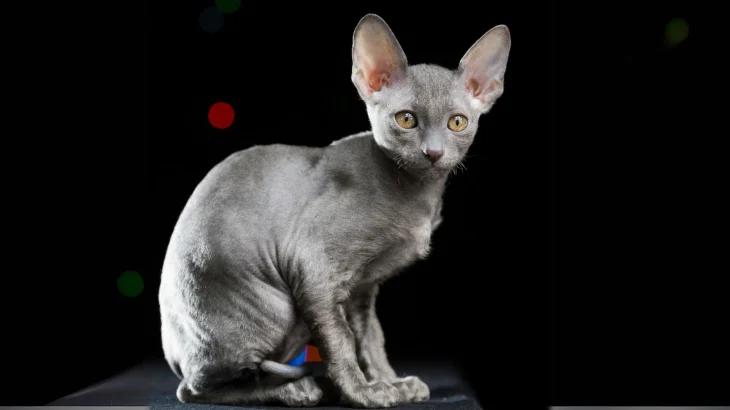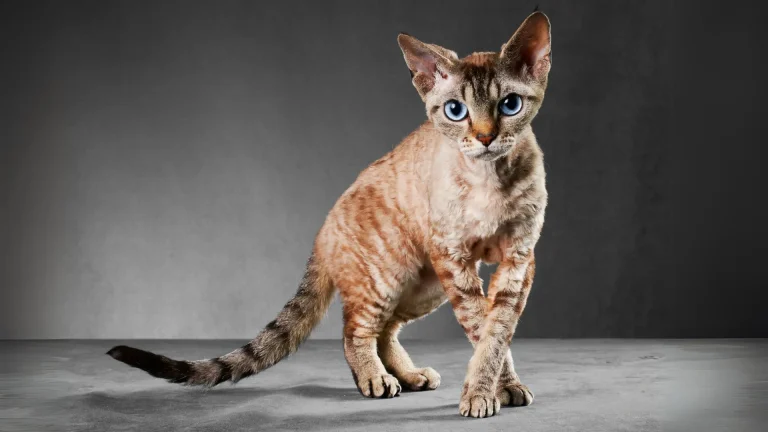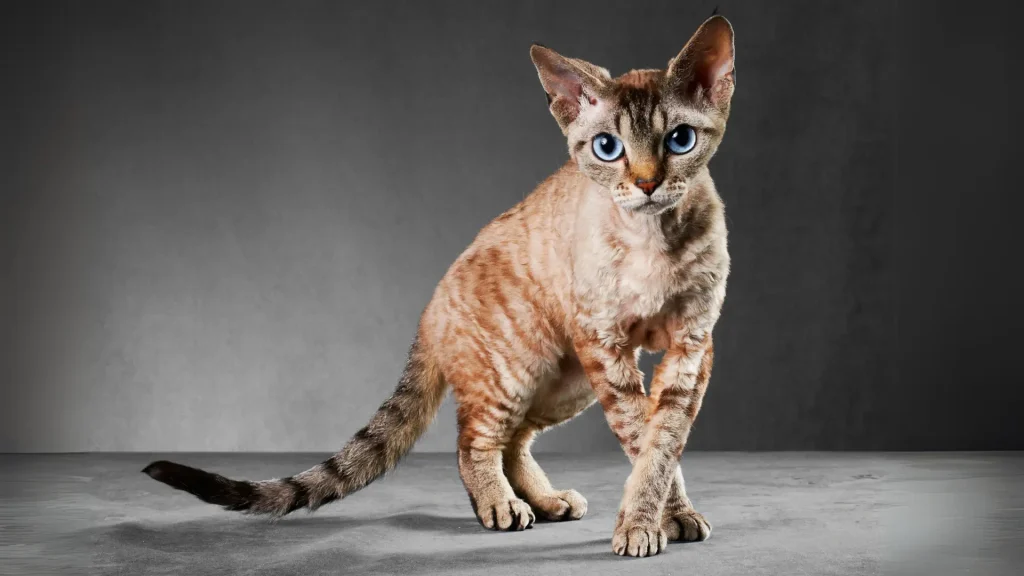Deciding whether to adopt or purchase a German Rex kitten depends on your priorities regarding cost, health transparency, and lineage assurance. Buying from a breeder usually offers clearer insight into the kitten's pedigree and health background, while adoption provides a chance to give a home to a cat in need, often at a lower cost.
Adoption vs. Breeder: Pros & Cons
| Criteria | Buying from Breeder | Adopting from Shelter/Rescue |
|---|---|---|
| Cost | Usually higher, reflecting pedigree and breeder investment. | Generally lower fees, often including vaccinations and spay/neuter. |
| Health History | Comprehensive records and genetic testing often available. | Health history may be limited; shelters provide basic care. |
| Age Availability | Primarily kittens, allowing early socialization. | Varied ages, including kittens, adults, or seniors. |
| Temperament Insight | Breeders can share lineage-based temperament details. | Shelter staff observe behavior, though full history may be unknown. |
| Ethical Considerations | Supports responsible breeding when ethical breeders are chosen. | Helps reduce homeless pet population by providing homes to cats in need. |
| Breed Purity & Pedigree | Guaranteed pedigree and breed specifics. | Breed purity uncertain; kitten may not be purebred. |

